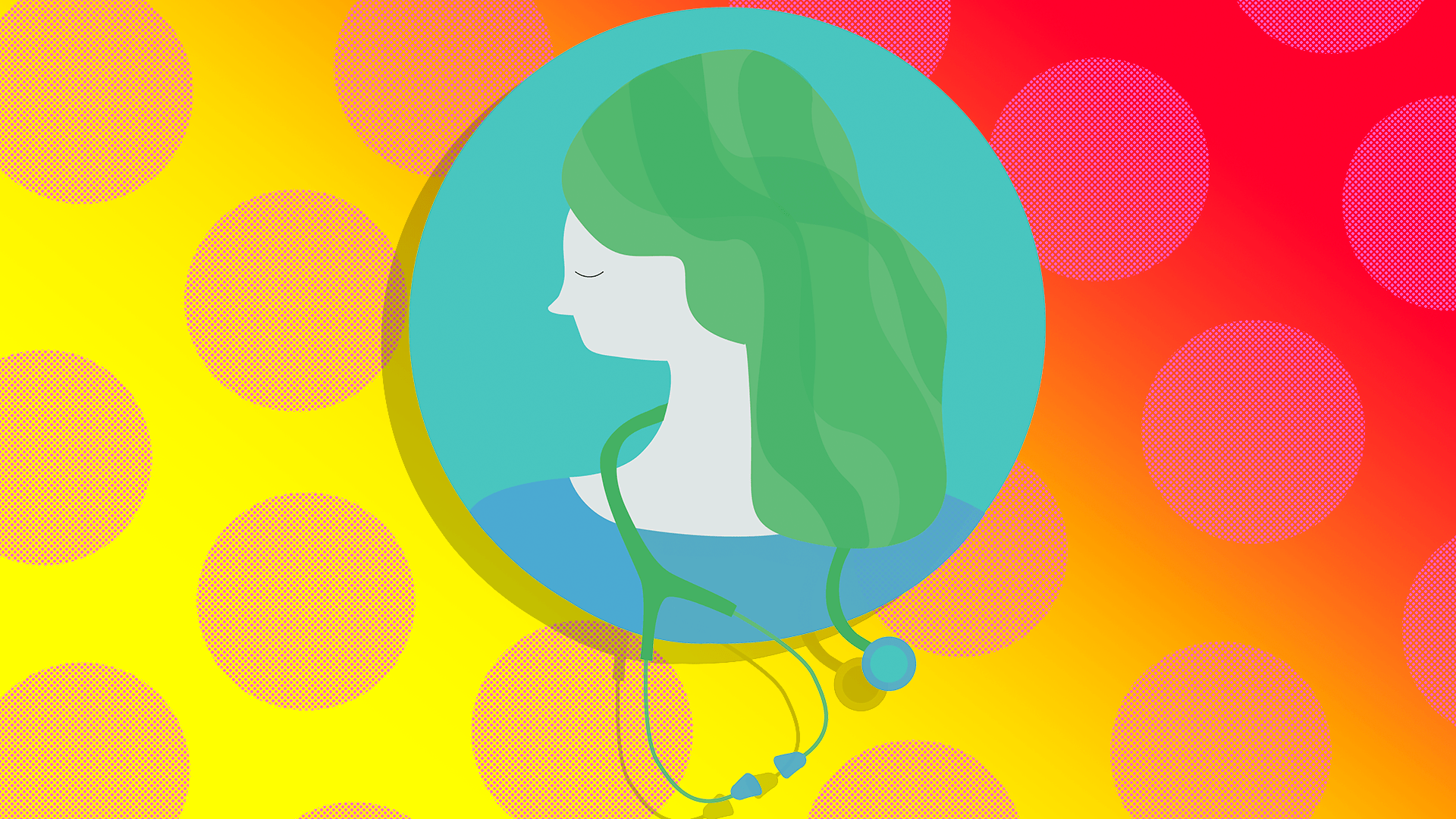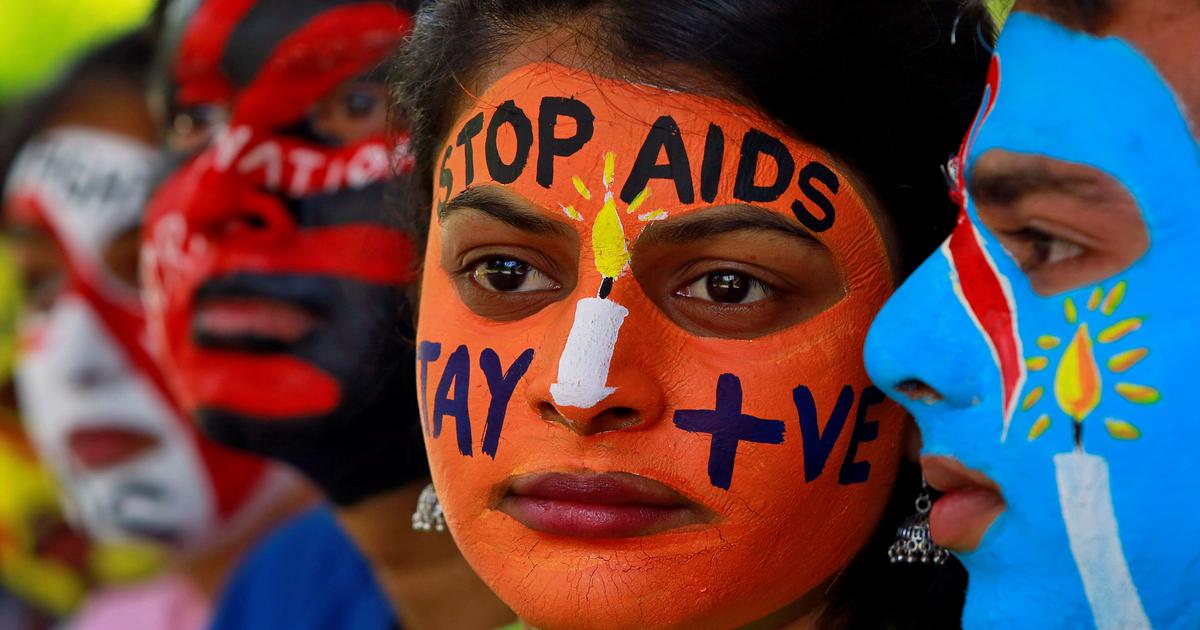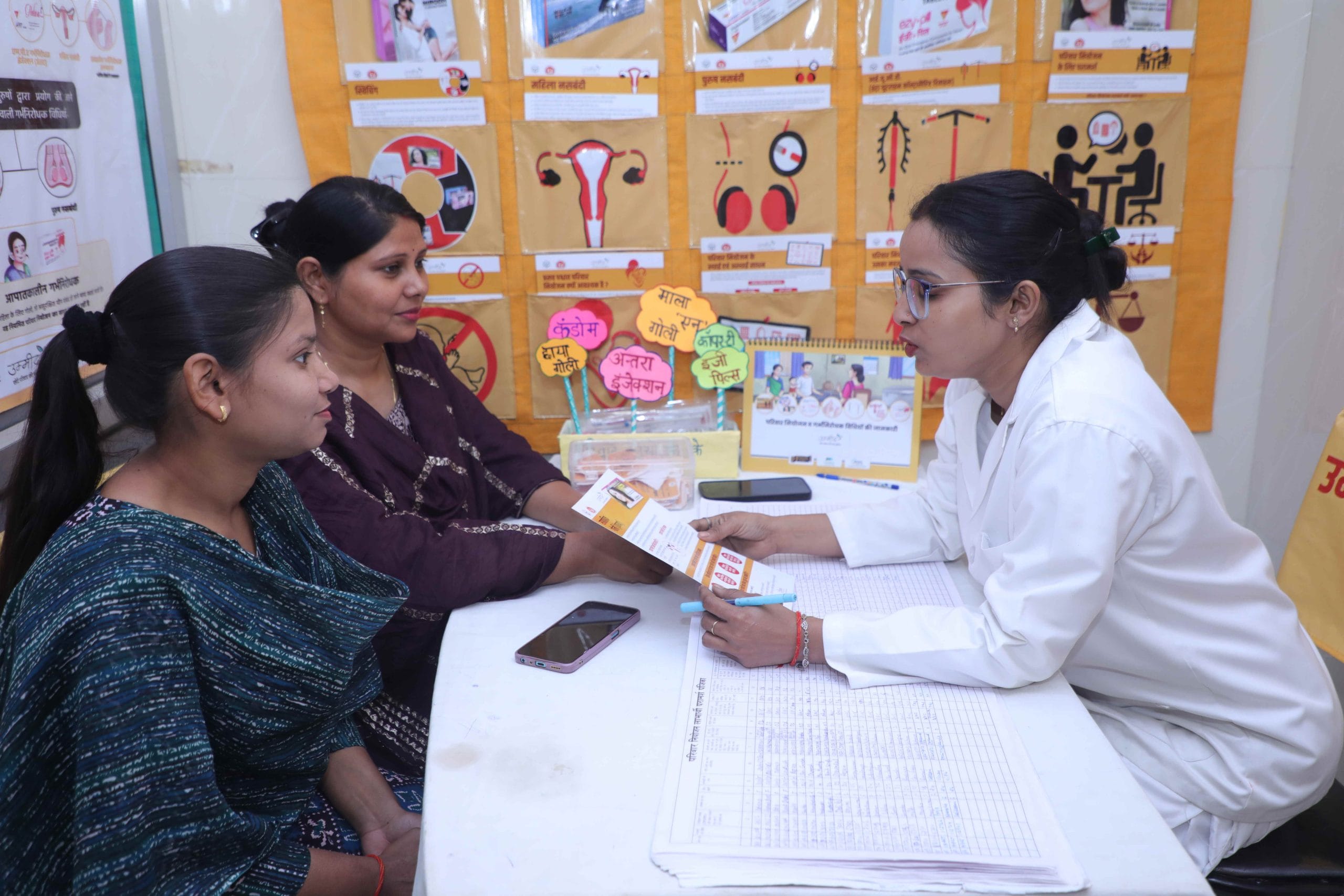Editor’s Note: This piece has been published as a part of the Health Over Stigma campaign, which is aimed at dismantling the stigma surrounding sexual health of unmarried women, and demanding accountability from medical service providers for stigma-free, non-judgemental sexual and reproductive healthcare services. Join the #MyGynaecStory wave by sharing your own story as an unmarried woman accessing sexual and reproductive healthcare by posting it on your social media or emailing us.
Posted by Mishmi Takin
Have you had an experience after which you had to ask yourself what your rights on your body are? Clearly, you shouldn’t have to. Most medical procedures or interactions with medical professionals lead to some kind of infringement of this space (for me). My consent seems implicit, almost unnecessary. Things are done to me. Often I have no idea what is happening or what is to follow. Who has the time?
I am a student of science, at that time 27. I was doing my Ph.D. on cervical cancer. A curable (if detected early) cancer of women. So, I was not in completely unfamiliar territory. I went to the doctor, alone. I thought I was quite aware about reproductive organs and had some inkling about reproductive rights. I was not married, but I was sexually active. My periods were irregular (longer than 28 days, often around 35 days), painful and I was bleeding too much. I felt super tired and had really bad mood swings. It felt (and I still think, rightly so) that life would be better if I took better care of this. A routine exam may help (I thought). I made an appointment with a gynaecologist, possibly someone a friend or colleague had seen before.
Human consent without knowing what you are consenting to, is a convenience that the medical profession is used to.
Part 1
The gynaecologist had things to tell me about my personal life and choices. Having children it seemed (as I was assured), would solve everything.
“Get married. Have children. Or, you are going to come back to me later (implying I think 5-10 years) and then I will find it difficult to help you.”
As a biologist, I thought this plausible. However, I now think it is also (mainly?) a tool to threaten young women into submission and disconnect the needs of women from those that patriarchy requires of their bodies.

Part 2
The gynaecologist thought I should have a pap smear. This is a test to detect changes associated with early-stage cervical cancer. Changes in how the cells of the cervix look based on whether they have seen the human papillomavirus or not. I knew why, but I am not sure I was prepared for the insertion of stuff into me (you need to take a bit of the liquid from the cervix and scrape some cells from the top dead layer for the examination).
I think this is what happened. Human memory is fragile. Human consent without knowing what you are consenting to, is a convenience that the medical profession is used to. As it happened, my periods were not fully over. I was still bleeding (at the cellular level at least). This, apparently, made the pap smear useless. The gynaecologist hadn’t bothered to inform me of this, I haven’t bothered to have another one. (I don’t recommend that and possibly need to rethink this for myself).
She was not talking to me. She was using me as a specimen for instruction. Without my consent. Without acknowledging that I was in the room.
Part 3
Based on what I had described to her, the gynaecologist decided to exhibit me and my body to a trainee (MD student possibly), who had a kind face. Without any warning, she exposed my breast to this kindly face in a light green salwar and exclaimed, “look, there you have it—hirsutism“.

I had no clue. Then she let me cover myself as she described me to the trainee as a really good example of Polycystic Ovary Syndrome or PCOS (a collection of symptoms suggestive of cysts in the ovaries) with the telltale sign of thick hair on my chin/face and breasts. She was not talking to me. She was using me as a specimen for instruction. Without my consent. Without acknowledging that I was in the room.
Also read: Watch: Why Understanding Polycystic Ovarian Syndrome Is Important
I went home and googled these words and acronyms, unable to understand what had happened, and why I felt so violated. After all, I am a scientist. I see the value of the apprenticeship model (somewhat). How else was this MD student to learn about hirsutism (hair on the breast, face, etc.), if I did not allow this to happen? I was not angry then. Just powerless and hurt. I felt that even if I had the most spectacular, unique condition in the world, I could have been more prepared.
Yet, my body is not a continuum of all women’s bodies through time. I am here. The medical profession will have to find a more acceptable way of serving us.
I went back to this gynaecologist (she didn’t sound different from my family members, not that I had discussed “these kinds” of things with them), tested for different hormones (testosterone, estrogen, and the works), and had ultrasounds that found ovarian cysts. Suggesting that during my period, the egg was not getting flushed out and just sticking around, accumulating stuff and creating problems. The cysts might still be there. I do have polycystic ovaries. I haven’t checked in on them in a while. Maybe it has blown over. We have a truce at the moment, bought with B12, folic acid and evening primrose oil (and maybe unrelated vitamin D) supplements.
For the geek
The reproductive system and the violent resetting and rejuvenation every 28 days is a super intricate process (My favorite 5 min talk on this subject by Teresa Woodruff). It’s not surprising (to me) that this process behaves differently when the conditions it has experienced through evolutionary time (millions of years) of childbirths, nutrition levels, and lifespan, change. Yet, my body is not a continuum of all women’s bodies through time. I am here. Possibly, my body sits at a barren tip on a single branch of the evolutionary tree. Me and my reproductive system have to both make peace with this role change. The medical profession will have to find a more acceptable way of serving us.
Also read: PCOS And Women: What We Need To Know
Mishmi Takin is a tea drinking, books and tree trunk-loving mountain goat. This is why she writes—Kuch hatse kuch yadein mere khatir jiye jatein hain. Kuch shabd lab seeltein hain, kuch cheerte jaate hain.
Featured Image Source: She Knows
About the author(s)
Guest Writers are writers who occasionally write on FII.




